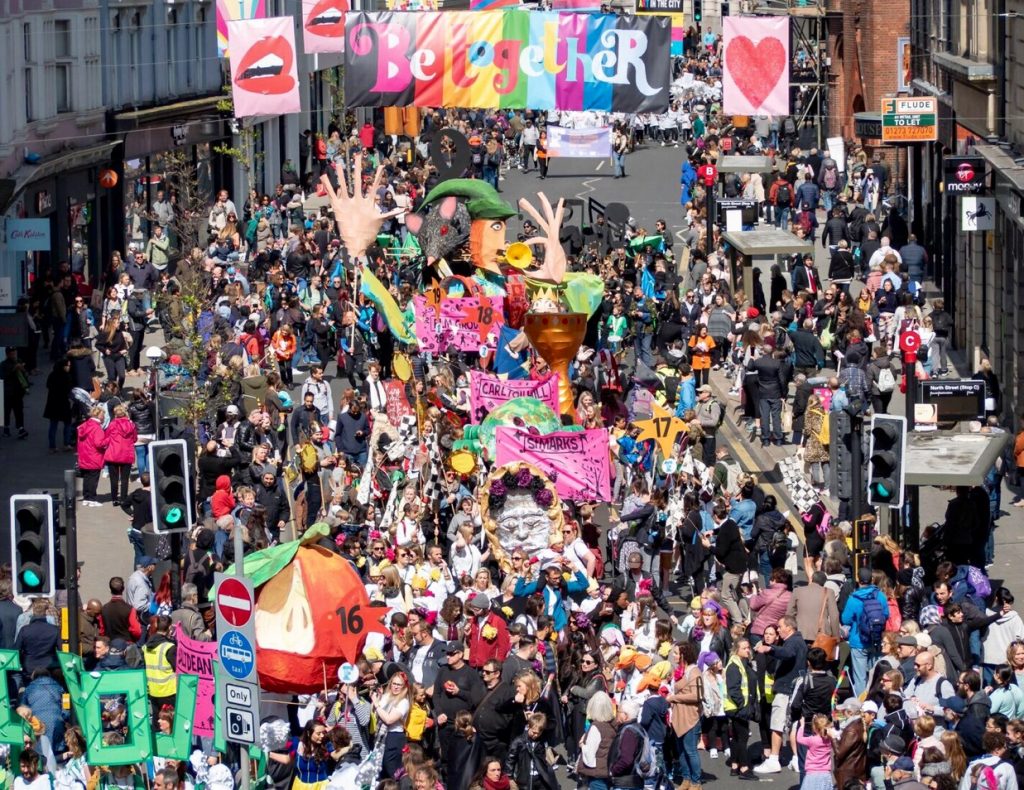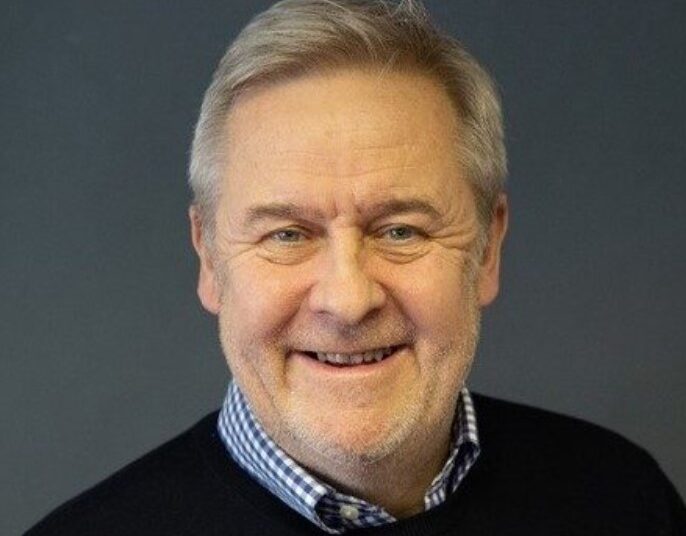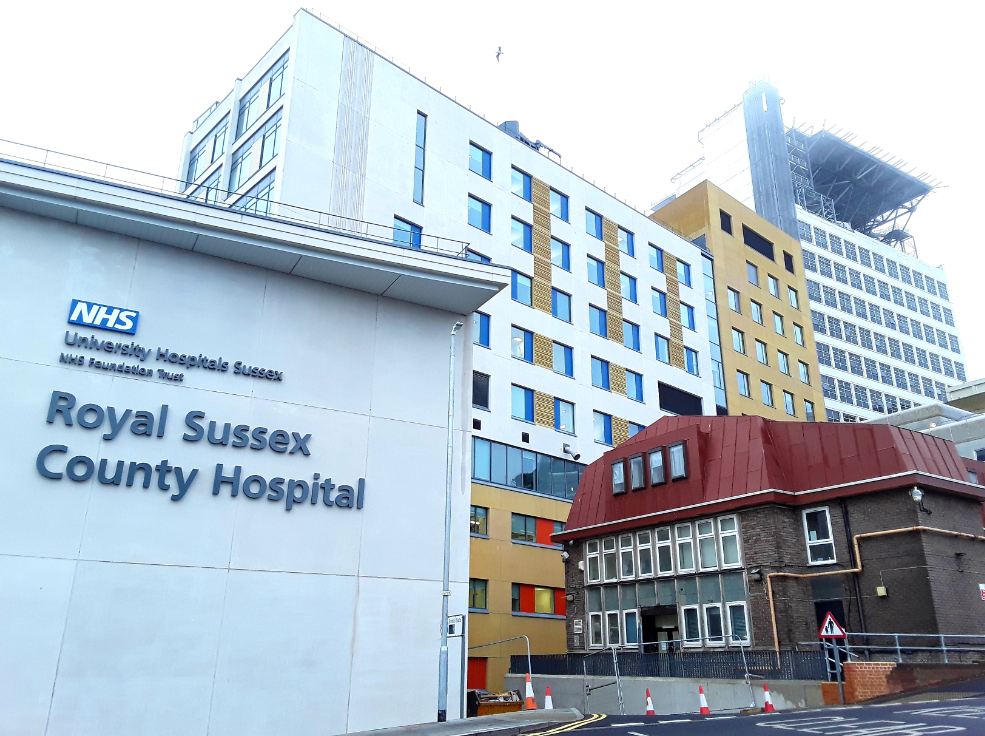Is your child spending too much time playing computer games? Or could they be unwittingly preparing for one of those jobs in the future that simply didn’t exist a few decades ago?
Brighton and Hove is one of the best places to be if your child wants to work in computer games or the wider tech sector. But we need to work harder and better together to keep pace with changes ahead.
Only last week, hundreds of key players in the games development world could be found at the DoubleTree by Hilton – or, for older readers, the Metropole hotel.
I went behind the Victorian façade where many of the leading figures in a 21st-century industry were gathered for the Develop Brighton conference and trade exhibition.
Brighton may have been hosting this event once again but governments from Belgium, the Isle of Man and Malta had sent people to entice businesses to relocate. They offer tax breaks and other incentives and, in some cases, a bit more sunshine.
It’s a sign of how competitive the market has become as Brighton and Hove tries to make more of its advantage in the digital and technology sectors.
We have to earn success and search out investment and that is why we have plans under way to create a “Business Prospectus” for the city.
We’re also going to look at options to expand the Business Improvement District – a dynamic partnership model – that brings energy to the North Laine. We did a good job on the Albion bunting.
The University of Sussex and the University of Brighton were represented at Develop Brighton. Beyond games, both universities are making headway in robotics, quantum sciences, AI (artificial intelligence) and other future fields of expertise.
The superb Brighton MET college is working with others to strengthen our tech cluster with the addition of an Institute for Technology at the refurbished Pelham Street site.
Sussex graduate Peter Kyle, the recently re-elected Labour MP for Hove and Portslade, has been appointed to Keir Starmer’s cabinet as the Science, Innovation and Technology Secretary. Among other things, he will look to boost crucial research and development.
It is against the backdrop of these momentous changes that Brighton and Hove City Council and its partners have been putting together a new Economic Plan. It goes before the council’s cabinet this week for debate.
From a fishing village to a resort made fashionable by royalty, from the arrival of the railway to the advent of the information superhighway, Brighton and Hove has adapted and grown.
When cheap foreign holidays weakened the economies of seaside resorts, we built the Brighton Centre and drew the conference trade as well as creating a popular new live performance venue.
The challenges of Brexit, the covid pandemic and the war in Ukraine have complicated the picture. We adapted by working from home or adopting a hybrid approach although for many in health, education and other public services this wasn’t an option and they stayed in frontline roles.
Post-pandemic, tourism and hospitality remain important, as do financial services – think of Legal and General and American Express. Amex of course provides sponsorship for another local success story, Brighton and Hove Albion Football Club.
We shouldn’t overlook health and care, with the £750 million modernisation of the Royal Sussex County Hospital bringing benefits beyond the obvious and Brighton and Sussex Medical School continuing to grow.
For all our successes, Brighton and Hove has to keep adapting. The Economic Plan sets out our aims and our strategy for the coming three years and a vision beyond 2027.
It includes actions to help us achieve our goals as we strive to create a diverse and sustainable economy, with more and better-paid jobs and less inequality. Skills, jobs and growth are vital in all our neighbourhoods. Education is good for our country and it’s good for our small city with a big heart.
It’s a plan not a panacea and it will be for others to play their part in the many ways our economy grows, develops and adapts in the coming years.
We have a great Festival and creative and cultural assets that make this city an important destination. We have to keep working hard to improve the “look and feel” of the city and all of our areas for residents and tourists alike.
Besides the Economic Plan there will be other plans too, as we look for instance at jobs, training and education, and as the newly elected Labour government produces a broader industrial strategy for the wider economy.
Critics might say they’re only words in dry, dusty documents. But as the Economic Plan for Brighton and Hove goes before the cabinet – and later this year to a meeting of the full council – it is worth remembering that those words set the tone, the direction and destination.
The evidence base and more than 15 consultation events told us a lot about our city. The council, too, needs to change and be more responsive.
We could leave it all to the markets and abdicate our role to the private sector and big business but that’s an approach that is not without risks. We all need to work together.

Here in Brighton and Hove we have a flourishing of small firms and enterprising individuals, making their own futures, many of them in sectors like AI, games and other technologies.
We are the start up capital of the UK. But we also need to scale up, help our youngsters into work and support local businesses.
Next week I’ll be hosting the first monthly Business Surgery for face-to-face meetings to hear direct from those in business.
The Economic Plan is about trying to provide shape and purpose to the ways in which we help Brighton and Hove and the people who live and work here to adapt and thrive in the years to come and take our city to the next level within a region too long overlooked.
It’s about people and potential.
Councillor Ty Goddard is the Brighton and Hove City Council cabinet adviser for regional partnerships and economic growth.










